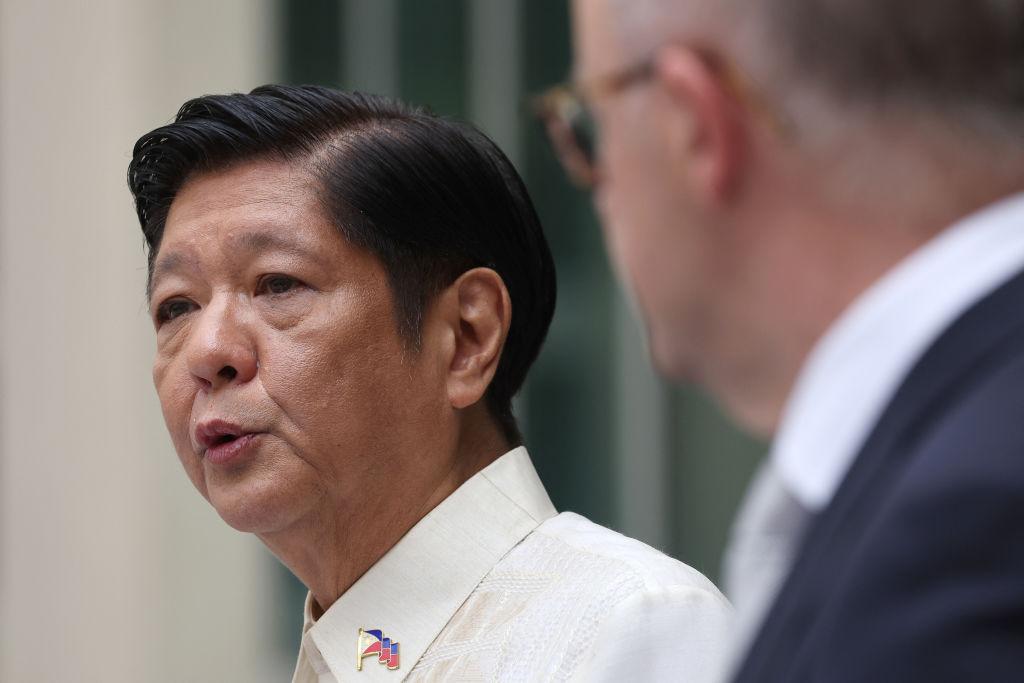Philippines President Ferdinand “Bongbong” Marcos Jnr told the federal parliament that his country needs Australia’s help in standing up to aggression in the Indo-Pacific.
“As in 1942, the Philippines now finds itself on the front line against actions that undermine regional peace, erode regional stability, and threaten regional success. Then, as now, we remain firm in defending our sovereignty, our sovereign rights, and jurisdiction,” he told Parliament on Feb. 29.





